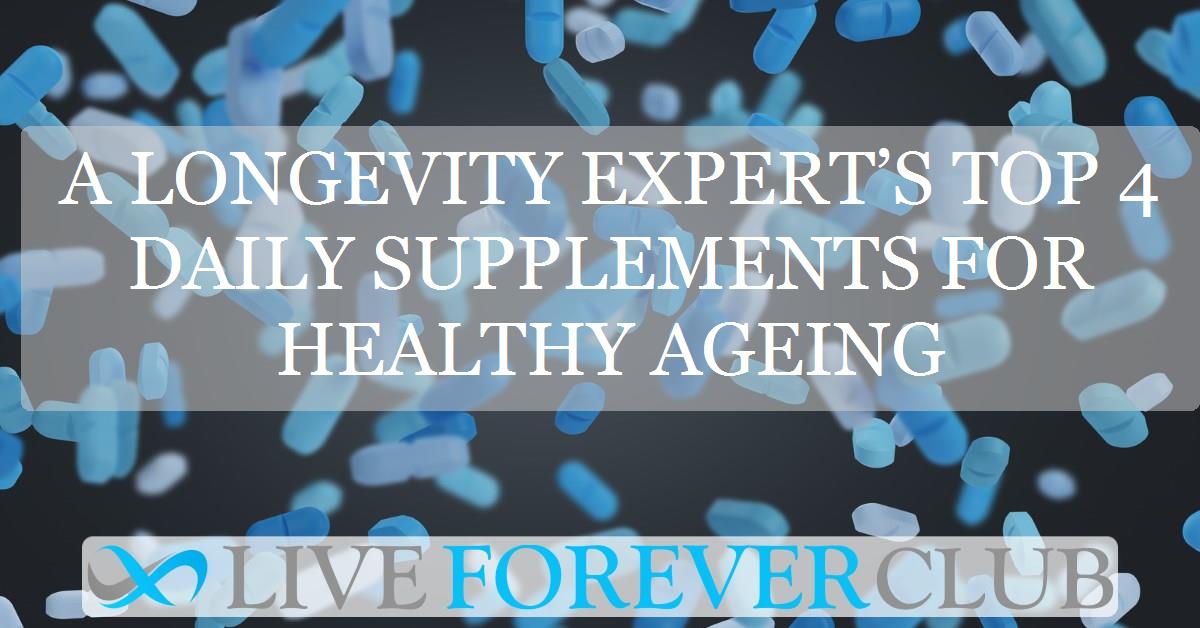Key points from article :
Dr. Eric Verdin, CEO of the Buck Institute for Research on Ageing, emphasizes that while genetics play a role in longevity, lifestyle factors such as diet, exercise, sleep, stress management, and social connections are crucial in determining how long and healthily we live. For those looking to optimize their health further, he suggests that certain supplements may provide additional benefits.
Verdin takes four supplements daily: vitamin D, vitamin B12, omega-3 fatty acids, and creatine. He highlights that many people are deficient in vitamin D, especially those in colder climates, and supplementing it is a safe and inexpensive way to support bone health. Vitamin B12, found mainly in animal products, is essential for energy production and brain function, making supplementation important for older adults or those at risk of deficiency.
For heart and brain health, Verdin takes omega-3 fatty acids, which are abundant in fish but often lacking in Western diets. While research supports their role in reducing cardiovascular disease risk, it's uncertain if supplements provide the same benefits as dietary sources. Finally, he takes creatine, a compound known for muscle-building benefits but also linked to improved cognitive function and energy production. While widely used in sports nutrition, emerging research suggests creatine may also support overall cellular health and brain function as we age.






